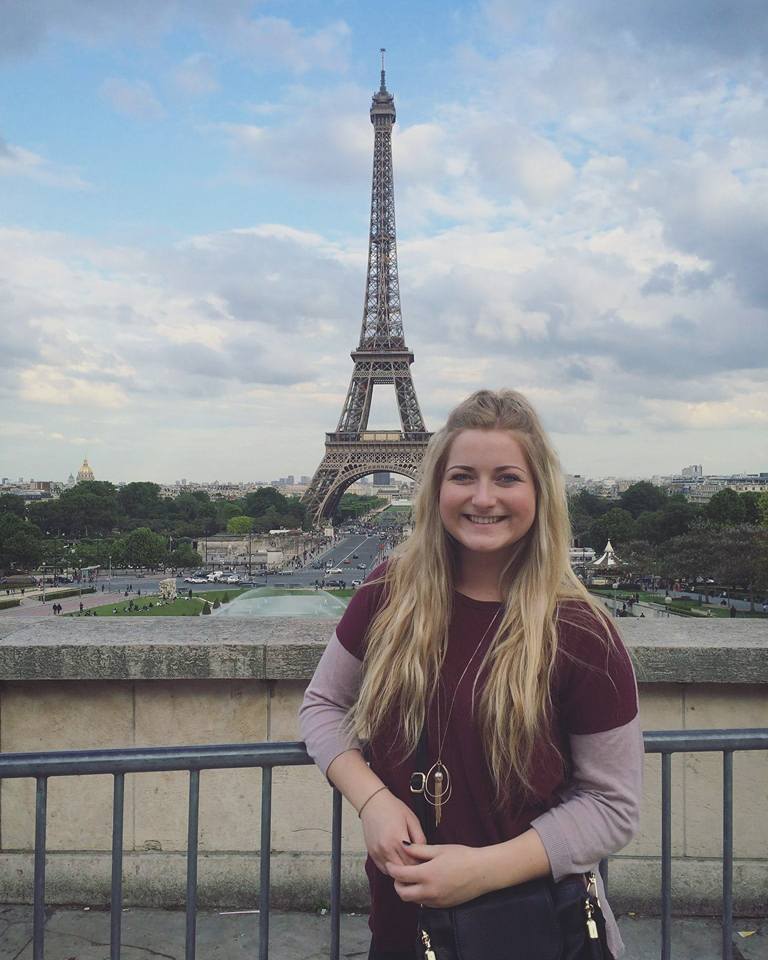Kennedy Center representatives assure students on study abroad programs they can focus on architecture, landscaping and views instead of being concerned about how to ask for the nearest bathroom in a foreign language.

Students looking for a study abroad program usually focus on finding one related to their major or a field of interest, and language is another important factor for many students narrowing down the list of programs they’re considering.
Megan Duricka, a BYU studio arts major, participated in the Europe Art History study abroad during Spring Term 2016. Duricka only speaks English, but she said it was her dream to visit the sites she’d only seen in her art history textbooks.
“Not knowing the languages of the countries we were going to was kind of daunting at first, but once we got there it all just worked out,” Duricka said. “Before going we learned a few helpful phrases, but the majority of the language we learned was out just talking to people while traveling around the different countries.”
She said studying abroad was a life-changing experience.
Many students like Duricka have the same hesitations before studying abroad. Some may let that concern affect their final decision regarding which program they choose.
Rex Nielson, a BYU professor going on the study abroad program to Portugal in Spring 2017, said students shouldn’t rule out programs located in countries where they don’t know the language.
“Not knowing a language fluently shouldn’t be an obstacle when choosing to participate in a study abroad,” Nielson said.
He said the language aspect is an important part of connecting to a culture, but the entire experience is just as important. All study abroad programs are “eye-opening and world-expanding,” Nielson said.
Professors who accompany students on study abroad programs often speak the local language fluently, and students usually travel in groups.

For students who are still anxious or hesitant about the language aspect of their dream study abroad, international program coordinator Aaron Rose said there are other suggestions to dive in.
“Get into a language class and just start learning the language,” Rose said. “Learning a new language can open so many doors, in addition to being a rather great line on a student’s resume.”
But there is only so much students can do stateside to prepare.
“It can be intimidating, but there’s something to be said about jumping right into a situation and trying really hard to be flexible and open-minded,” Rose said.
Rose said all students blunder on study abroad when locals speak too fast or classmates blank on how to ask for directions. What matters most is “being able to laugh at yourself because you know you’re going to mess up,” Rose said.
He also said students should remember that speaking a language isn’t the only way to communicate.
“Communication and language goes way beyond words,” Rose said. “It’s body language, it’s being friendly, establishing eye contact or a simple smile.”
More information about BYU’s study abroad programs is available on the Kennedy Center website.




